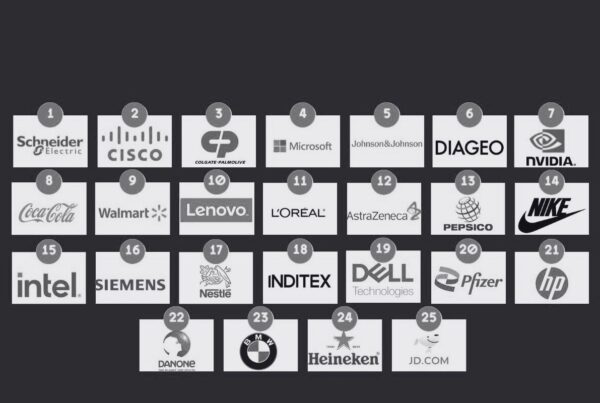Many of the products we buy and use every day are produced by people trapped in modern slavery. Every day, millions are exploited to fulfil our relentless drive for cheap products. According to an anti-slavery report, at least 24.9 million people are thought to be in trapped in forced labour worldwide. Of them, 16 million are exploited in the private sector, linked to the supply chains of the international businesses supplying our goods and services.
Slavery exists in all stages of the supply chain, from the picking of raw materials such as cocoa or cotton to the manufacturing of goods such as mobile phones or garments, and at later stages of shipping and delivery to consumers. Almost 20% of the world’s global cotton production is linked to China’s forced labour of meaning almost every high-street garment company could be implicated.
Most products pass through a long chain of producers, manufacturers, distributors and retailers before they get to you. It can be very difficult to track a product’s component back to a particular producer, for example, cotton in a t-shirt back to a particular cotton farm. These long and complex supply chains make it difficult to oversee who is working where and under what conditions, and the relentless drive for lower prices increases the human cost.
On 1 January 2019, the Modern Slavery Act 2018 (Cth) (Commonwealth Act) commenced, heralding a new statutory modern slavery reporting requirement for larger companies operating in Australia.
Norton Rose Fulbright suggests that entities will need to report under the Commonwealth Act if they are an Australian entity or carry on business in Australia with a minimum annual consolidated revenue of $100 million.
What does reporting entail?
Reporting obligations relate to the risk of modern slavery in the operations and supply chain of a reporting entity (and its owned and controlled entities), as well as the steps it has taken to respond to the risks identified.
Unlike other jurisdictions, the reporting criteria in Australia are mandatory. Reporting entities must have a reasonable basis for any opinions expressed in their Modern Slavery statement, so reporting entities must take the time to assess their risk.
A modern slavery statement must be submitted within six months after the end of the reporting entity’s financial year. The reporting period is the entity’s first full financial year that commences after 1 January 2019.
For more information, Join Justin Dillon CEO / Founder of FRDM; Lynn Feldon Managing Director ANZ of FRDM; Tom Sykes. Head Procurement & Commercial at SEEK and Scott Alden, Partner at Holding Redlich as they discuss Modern Slavery, the Modern Slavery Act, and its impact on modern supply chains. Click here to register: https://bit.ly/2ML19dw





